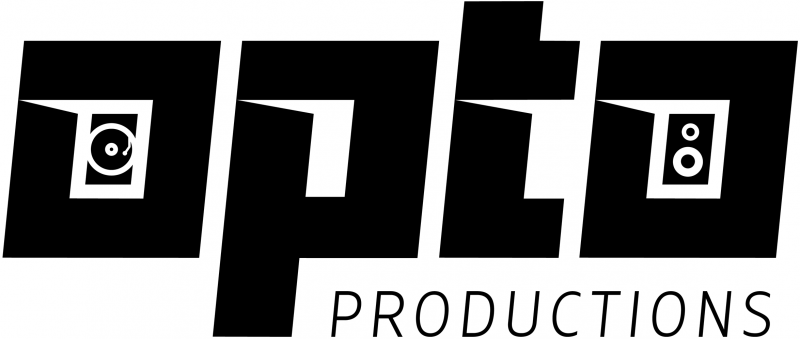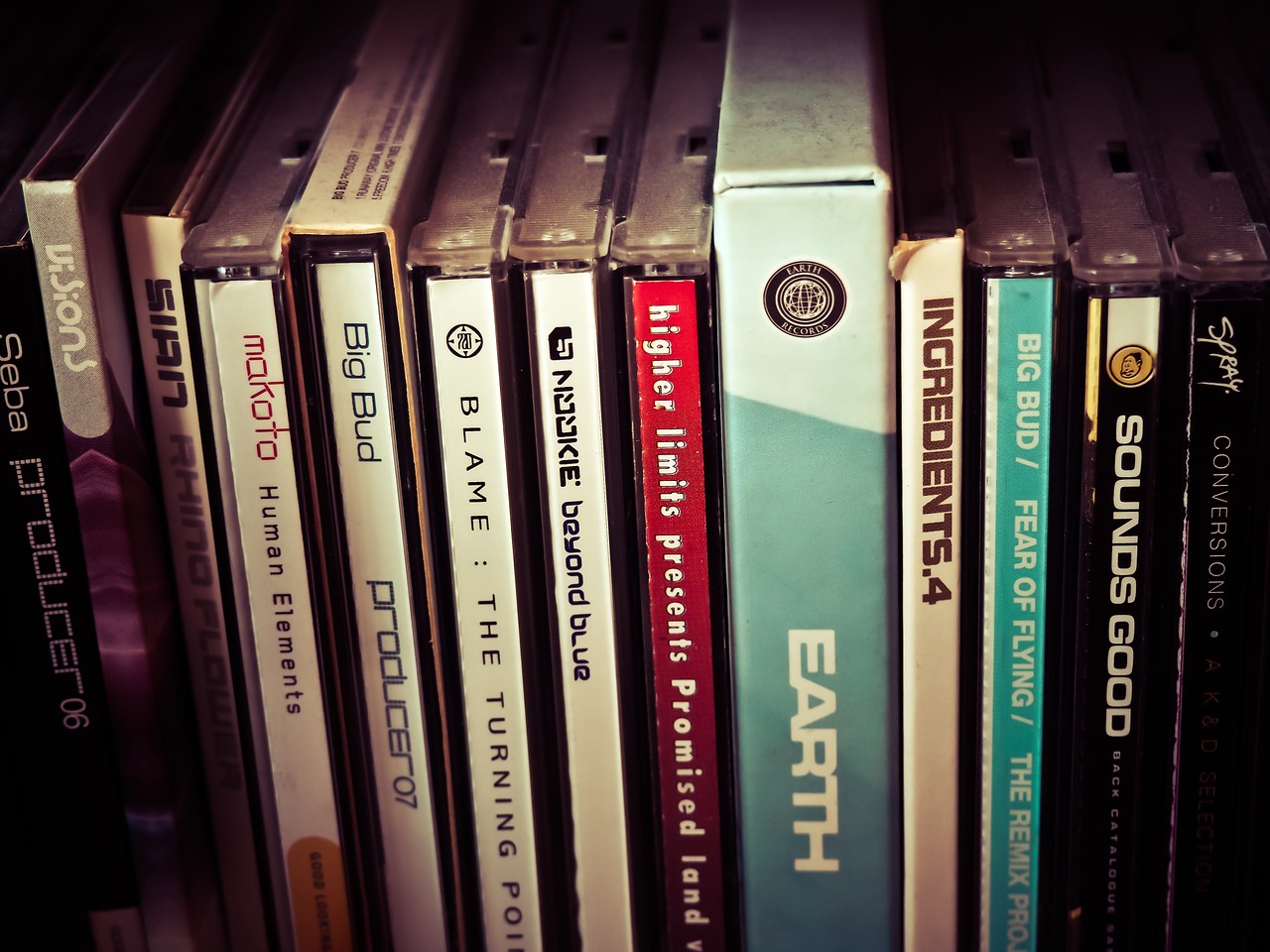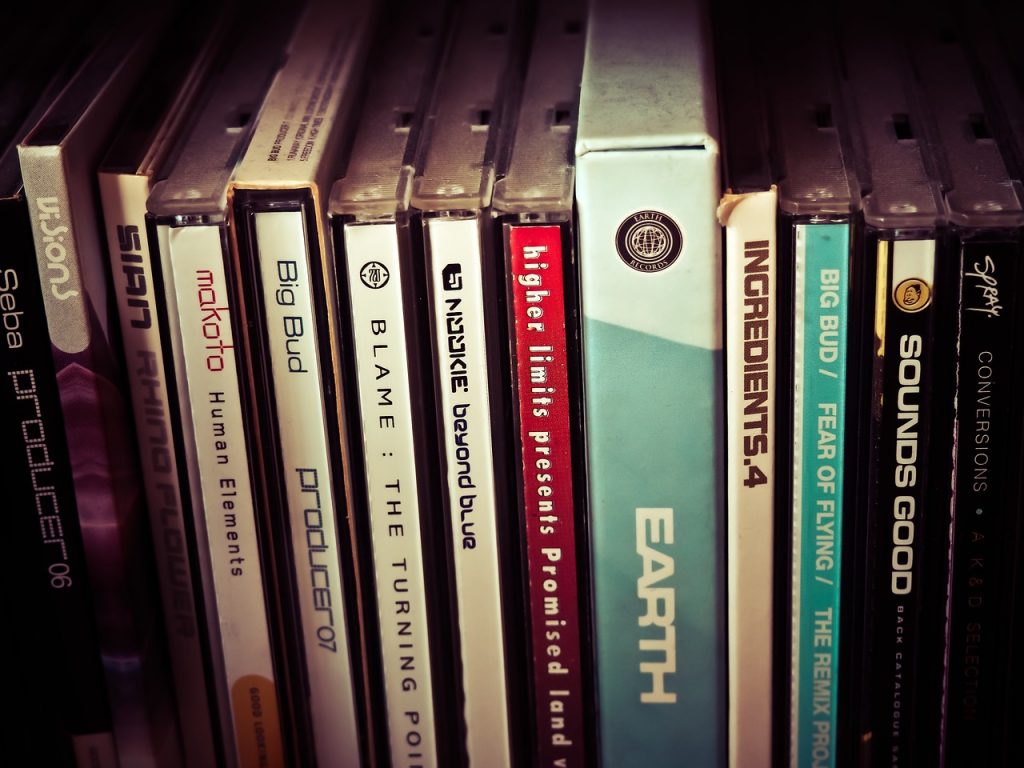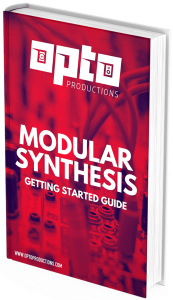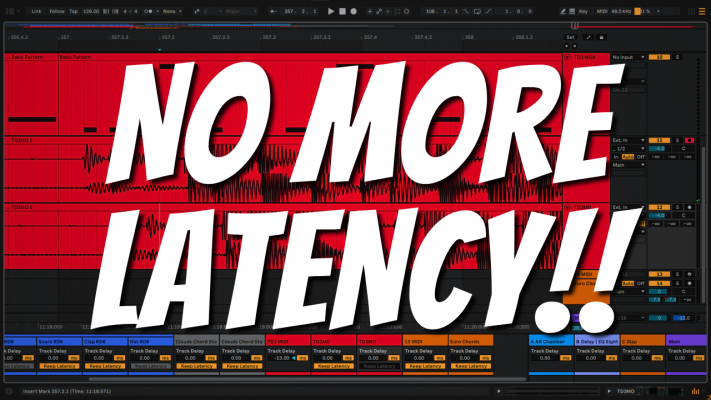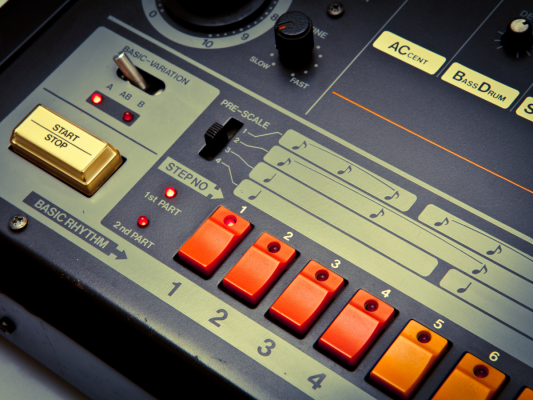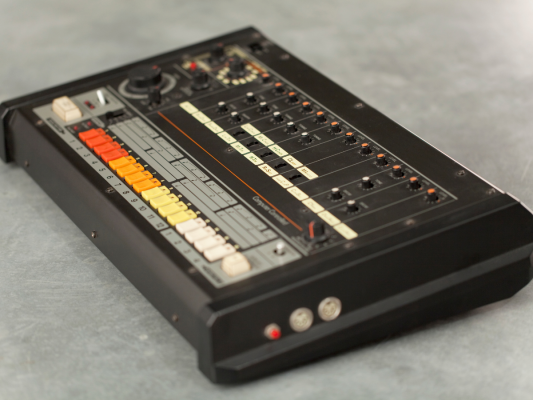How to use reference tracks
Communicating your musical ideas verbally is sometimes pretty difficult. You can, of course, use an instrument to translate your ideas. But this isn’t always the most efficient way of explaining what you hear in your head. Besides, you don’t always have an instrument at hand. Another way of making sure someone else gets your point is by using reference tracks.
If you are looking for a certain sound, it is easy to refer to a well-known artist or band. If you tell a guitarist to Hendrix’ up his solo or if you tell the drummer to play more like Bonham, they immediately know what to do. Using existing music to explain yourself can also be helpful if you are about to enter a recording studio.
Reference tracks are objective
Telling the engineer what kind of sound you’re looking for can be very subjective. One person’s meaning of warm, bold, heavy, thin, immense, lo-fi or clean can have a totally different meaning to someone else. Instead, try referring to that guitar riff of ‘Enter Sandman’ or those vocal harmonies from ‘fleet foxes’.
Reference tracks can find their use from explaining musical thoughts to comparing different processing techniques at mixdown. Well known, greatly valued tracks can be used by a mix engineer to compare their mix to sonically. For Example, if the reference mix has more high frequency content, adjustments can be made to get closer to this reference.
Even live audio engineers use reference tracks to test sound systems and room acoustics. They bring music which has certain flaws or features which they know really well and listen to how the sound system responds. If they have a track with lots of low-frequency content and these frequencies completely disappear on the sound system, they know something is wrong.
A picture is worth a thousand words
They say a picture is worth a thousand words, reference tracks are worth even more. Reference tracks are an objective way to explain your thoughts. I suggest making a library of songs you know really well to make sure you always have some sort of reference at hand.
